Mayo Clinic identifies enzyme that may combat Alzheimer’s
 According to the Mayo Clinic, its researchers at the Florida Mayo Clinic have identified an enzyme that shows promise in combating Alzheimer’s disease. The enzyme — BACE2 — destroys a toxic protein fragment known as beta-amyloid that is prevalent in the brains of patients with Alzheimer’s.
According to the Mayo Clinic, its researchers at the Florida Mayo Clinic have identified an enzyme that shows promise in combating Alzheimer’s disease. The enzyme — BACE2 — destroys a toxic protein fragment known as beta-amyloid that is prevalent in the brains of patients with Alzheimer’s. 
Earlier this month the findings were printed in the journal Molecular Neurodegeneration. The fact that BACE2 was the enzyme that researchers were looking for is of interest, because it’s closely related to BACE1, an enzyme involved in producing beta-amyloid.
The research team led by Malcolm A. Leissring made the discovery during a process of testing hundreds of enzymes for their ability to lower beta-amyloid levels. Of the proteins tested, BACE2 was discovered to lower the levels of beta-amyloid more effectively than all others.
The paper explained just how BACE2 destroys beta-amyloid. Beta-amyloid is only a fragment of a larger protein known as APP, which is produced by enzymes that cut APP in two places. So, BACE1 is responsible for making the first cut that generates beta-amyloid. The Mayo Clinic research showed that BACE2 has the ability to cut beta-amyloid into smallers pieces, which effectively and efficiently destroys it.
In fact, the protection that BACE2 offers is two-fold. A previous study found that BACE2 can also lower beta-amyloid levels in a second way. By cutting APP at a different spot than BACE1 — in the middle of the beta-amyloid portion — it further prevents beta-amyloid production.
In a statement released by the Mayo Clinic, first author Samer Abdul-Hay said, “The fact that BACE2 can lower beta-amyloid by two distinct mechanisms makes this enzyme an especially attractive candidate for gene therapy to treat Alzheimer’s disease.
The potential of BACE2 suggests that impairments of the enzyme could increase the risk of Alzheimer’s disease. This is a significant finding because certain prescriptions, like antiviral drugs used to treat HIV, work by inhibiting enzymes that are similar to BACE2.
Physicians Choice Private Duty currently serving Omaha, Eastern Nebraska and Western Iowa provides seniors and their families a complete understanding of the available care options and helps families maneuver through the challenges of the system. All Physicians Choice Private Duty services are directed by registered nurses or social workers with no long-term contracts. Contact us today for help with your senior care needs.
“Physicians Choice Private Duty solves the problems families face in finding home health care providers they can trust. Providers who will focus on strategies that keep parents in their homes. To learn more about our health care services, visit https://private-duty.pchhc.com/services/“



 As reported by the
As reported by the 
 Expanding on a
Expanding on a 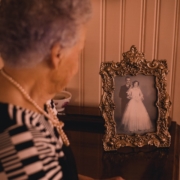
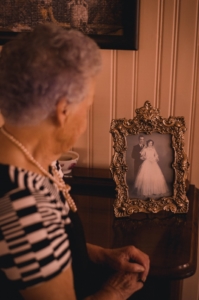 A new device is in the preliminary stages of testing in the U.S., and is showing great promise for treating Alzheimer’s.
A new device is in the preliminary stages of testing in the U.S., and is showing great promise for treating Alzheimer’s.
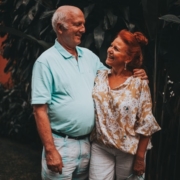
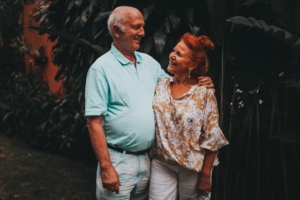 Todays post features real-life stories of how Physicians Choice Private Duty helped an elderly person and their loved ones through a tough decision-making process that ensured each persons individual care needs were met. Names have been changed to respect privacy.
Todays post features real-life stories of how Physicians Choice Private Duty helped an elderly person and their loved ones through a tough decision-making process that ensured each persons individual care needs were met. Names have been changed to respect privacy.
 September 21st is National Alzheimer’s Action Day and there’s an unexpected way that you can show support for the nearly 35 million people and their families affected by Alzheimer’s worldwide.
September 21st is National Alzheimer’s Action Day and there’s an unexpected way that you can show support for the nearly 35 million people and their families affected by Alzheimer’s worldwide.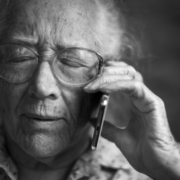
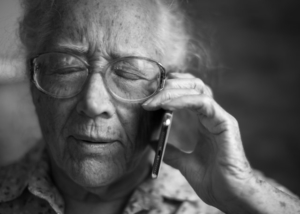 According to a neurologist from the Mayo Clinic, there are more than 200 medications that
According to a neurologist from the Mayo Clinic, there are more than 200 medications that 

 September 22nd, the first day of Fall, is also recognized by 46 states as National Falls Prevention Awareness Day. In hopes of facilitating fall prevention, Kathryn Haslanger
September 22nd, the first day of Fall, is also recognized by 46 states as National Falls Prevention Awareness Day. In hopes of facilitating fall prevention, Kathryn Haslanger 

 Heart disease remains the leading killer in the U.S., claiming 600,000 lives every year,
Heart disease remains the leading killer in the U.S., claiming 600,000 lives every year, 

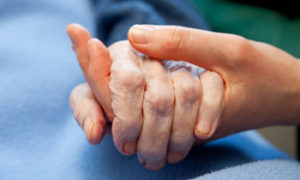 Todays post features real-life stories of how Physicians Choice Private Duty helped an elderly person and their loved ones through a tough decision-making process that ensured each persons individual care needs were met. Names have been changed to respect privacy.
Todays post features real-life stories of how Physicians Choice Private Duty helped an elderly person and their loved ones through a tough decision-making process that ensured each persons individual care needs were met. Names have been changed to respect privacy.